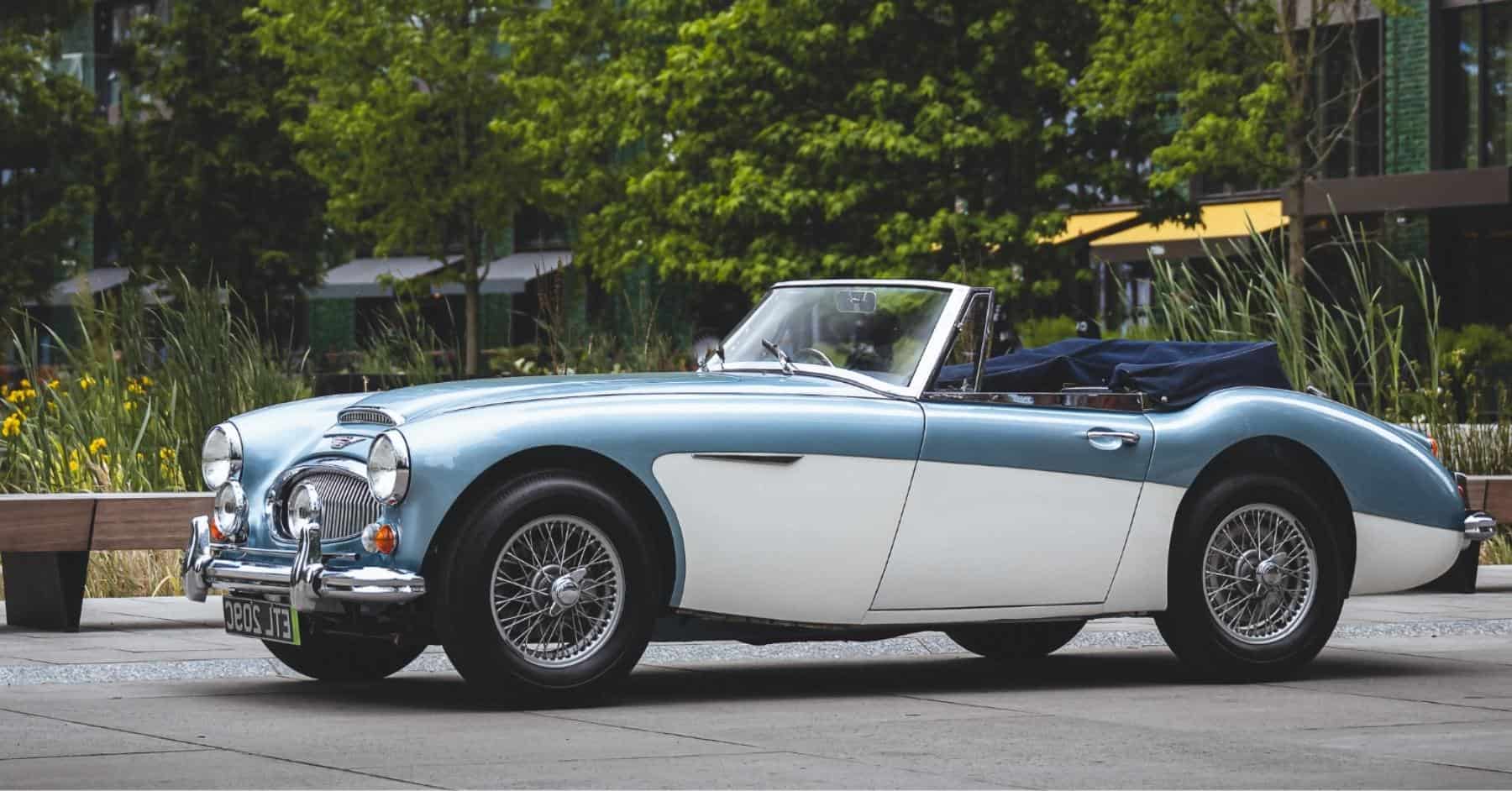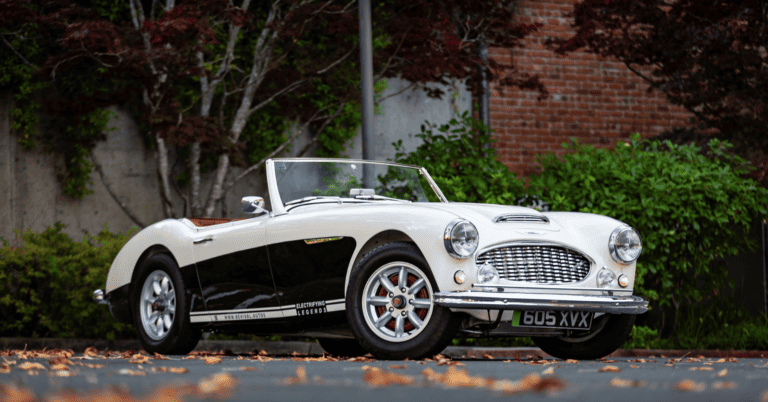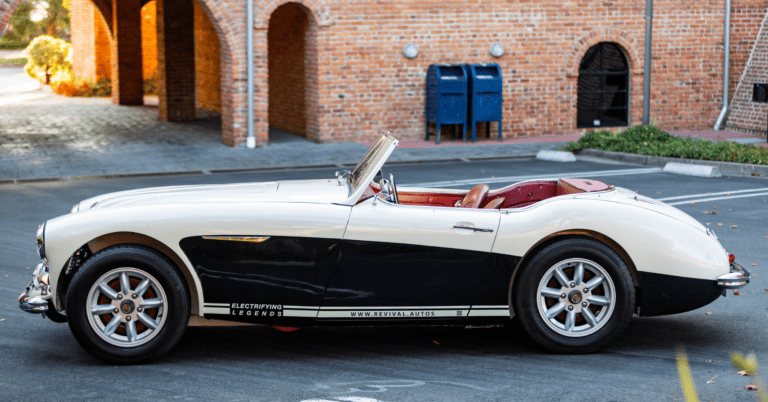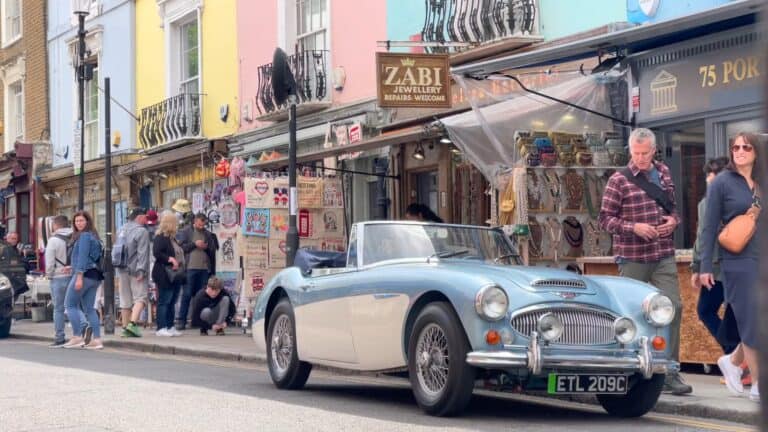Classic cars stand as enduring symbols of automotive design and engineering history. Nevertheless, as global sustainability efforts gain momentum, classic cars face a fresh imperative: embracing environmental responsibility.This is where Classic Car Electric Conversion comes into play. It’s a transformative process that not only preserves the vintage charm of these iconic automobiles but also modernizes them with clean and efficient electric powertrains. If you’re considering a Classic Car Electric Conversion, here are ten powerful tips to ensure a successful and satisfying transformation.
Learn more: electric classic cars
- Choose the Right Conversion Specialist
The key to a successful conversion lies in selecting a reputable and experienced conversion specialist. Look for professionals who have a proven track record in classic car electric conversions and who understand the unique challenges and requirements of vintage vehicles.
- Plan Your Budget Carefully
Converting a classic car to electric can be a substantial investment. Plan your budget meticulously, factoring in not just the conversion costs but also any potential restoration or customization expenses.
- Select the Right Donor Car
In many conversions, a donor car is used for its electric components. Ensure that the donor car’s electric system aligns with your classic car’s size and weight, and that it provides the desired range and performance.
- Preserve the Aesthetics
One of the primary goals of a classic car electric conversion is to preserve the vehicle’s original aesthetics. Work closely with your conversion specialist to ensure that the exterior and interior remain true to the vintage design.
- Battery Placement Matters
The placement of the battery pack is crucial. It should not only fit within the vehicle but also distribute weight evenly to maintain proper handling and balance.
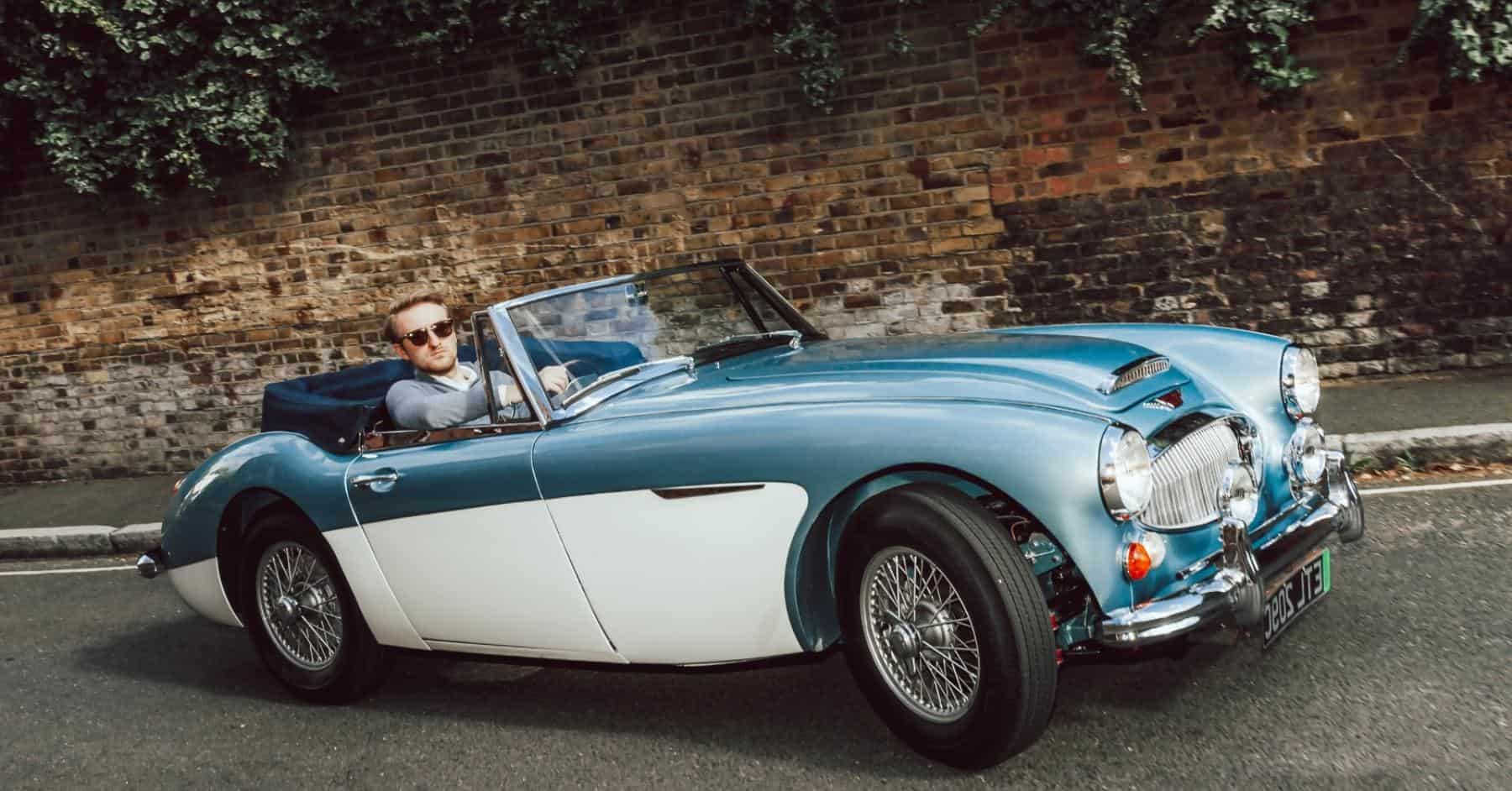
- Optimize for Range and Performance
Discuss your expectations for range and performance with your conversion specialist. They can tailor the electric components to meet your driving needs, whether it’s for daily commutes or occasional weekend drives.
- Consider Charging Infrastructure
Ensure that you have access to reliable charging infrastructure. Electric cars require regular charging, so having a charging station at home or knowing nearby public charging stations is essential.
- Understand Maintenance Requirements
Electric cars generally have lower maintenance needs than their gasoline counterparts, but it’s crucial to understand what maintenance is required and how often it should be performed.
- Safety Is Paramount
Safety should always be a top priority. Ensure that your classic car conversion meets or exceeds safety standards, including electrical and fire safety.
- Enjoy the Journey
Lastly, embrace the journey of converting your classic car into an electric marvel. It’s an opportunity to combine the best of both worlds – the nostalgia of classic cars and the environmental consciousness of electric power.
In conclusion, Classic Car Electric Conversion is a remarkable way to breathe new life into vintage vehicles while aligning with the sustainability goals of today. By following these ten powerful tips and working closely with experienced conversion specialists, you can embark on a transformative journey that allows you to drive your classic car with pride, knowing that you’re also contributing to a cleaner and greener future.
Here’s why Revival Autos is for YOU
When it comes to Classic Car Electric Conversion, Revival Autos emerges as the undisputed choice for discerning enthusiasts and collectors. With a sterling reputation built on years of expertise and a profound commitment to preserving the timeless elegance of classic cars, Revival Autos is the trusted partner for your conversion journey. Our team of experts combines technical prowess with a deep appreciation for automotive heritage, ensuring that each conversion not only embraces eco-friendliness but also meticulously preserves the original aesthetics that make classic cars truly iconic. We understand that your classic car is more than just a vehicle; it’s a piece of history, and our dedication to excellence ensures that every transformation is a masterpiece. At Revival Autos, we offer not just a service but a harmonious fusion of tradition and innovation, allowing you to relish the nostalgia of your classic car while driving confidently into a sustainable and electrifying future.
Our Team of Experts
Our team of experts at Revival Autos is the driving force behind our success in the realm of Classic Car Electric Conversion. Our team at Revival Autos is a fusion of seasoned automotive engineers and devoted enthusiasts, collectively possessing a wealth of knowledge and extensive hands-on experience. What distinguishes them goes beyond technical expertise; it’s their unwavering passion for classic cars and their dedication to advancing sustainable innovation. These experts meticulously craft each conversion, ensuring that the heritage and aesthetics of classic automobiles are preserved while seamlessly integrating modern electric technology. Their dedication to excellence is the cornerstone of Revival Autos, transforming every classic car into an eco-friendly masterpiece that harmonizes the nostalgia of the past with the promise of a cleaner, greener future.
FAQs
- Understanding Classic Car Electric Conversion Process
Classic Car Electric Conversion represents a profound transformation where the original internal combustion engine of a vintage car undergoes replacement with an electric powertrain. This conversion typically comprises components like an electric motor, batteries, and an intricate control system. These elements harmonize to propel the vehicle, providing a sustainable and highly efficient alternative to traditional fossil fuel-based propulsion systems.
- Evaluating Suitability for Electric Conversion
Determining the feasibility of converting your classic car to electric power entails a meticulous evaluation of various factors, including the vehicle’s weight, dimensions, and structural integrity. Collaborating with a conversion specialist is paramount to assess the vehicle’s adaptability for accommodating the necessary modifications effectively.
- Understanding the Investment Involved in Electric Conversion
The financial aspects of a Classic Car Electric Conversion exhibit notable variability, contingent upon factors such as the car’s make and model, component selection, and any tailored customizations demanded. While costs may span a broad spectrum, it’s advisable to anticipate potential expenditures associated with this transformative process, which can range from several thousand to tens of thousands of dollars.
- Are there any government incentives or rebates available for electric conversions of classic cars?
Some regions offer incentives or rebates for electric vehicle conversions, but eligibility and amounts vary. Research local regulations and incentives to determine what may apply to your conversion.
- Can I retain the original aesthetics of my classic car during the conversion process?
Yes, many conversion specialists prioritize preserving the original aesthetics of classic cars. They work closely with clients to ensure that the exterior and interior maintain the vintage charm.
- What is the expected range and performance of a classic car after the conversion?
Range and performance depend on various factors, including the battery capacity and the specific conversion setup. Conversations with your conversion specialist can tailor these aspects to meet your driving needs.
- Is it possible to reverse the electric conversion and revert to the original engine?
Reverting to the original engine is technically possible but complex and not commonly done. It may require significant modifications.
- How often does an electric classic car require maintenance, and what’s involved?
electric classic cars generally require less maintenance than their gasoline counterparts due to fewer moving parts. Routine checks and occasional battery maintenance are typical.
- Are there charging infrastructure considerations to keep in mind for my converted classic car?
Yes, ensure that you have access to reliable charging infrastructure. Home charging stations or knowledge of nearby public charging stations is important.
- What safety standards and certifications should a converted classic car meet?
Safety standards and certifications may vary by location. It’s essential to work with a conversion specialist who is knowledgeable about local safety requirements and ensures your conversion meets or exceeds them.

